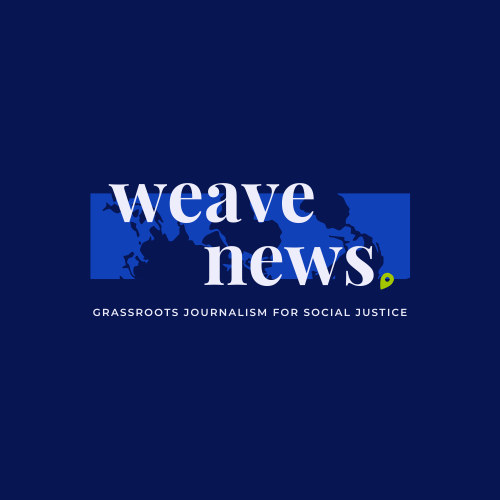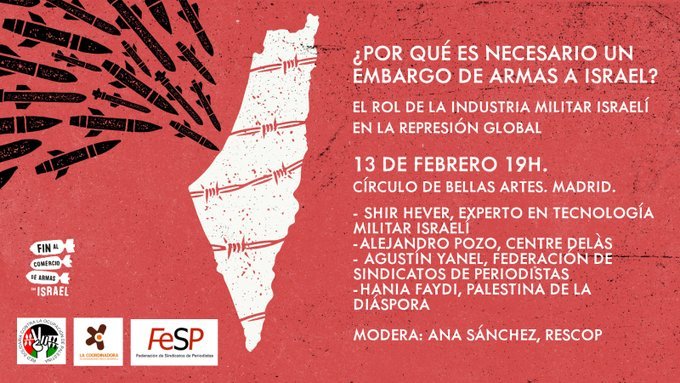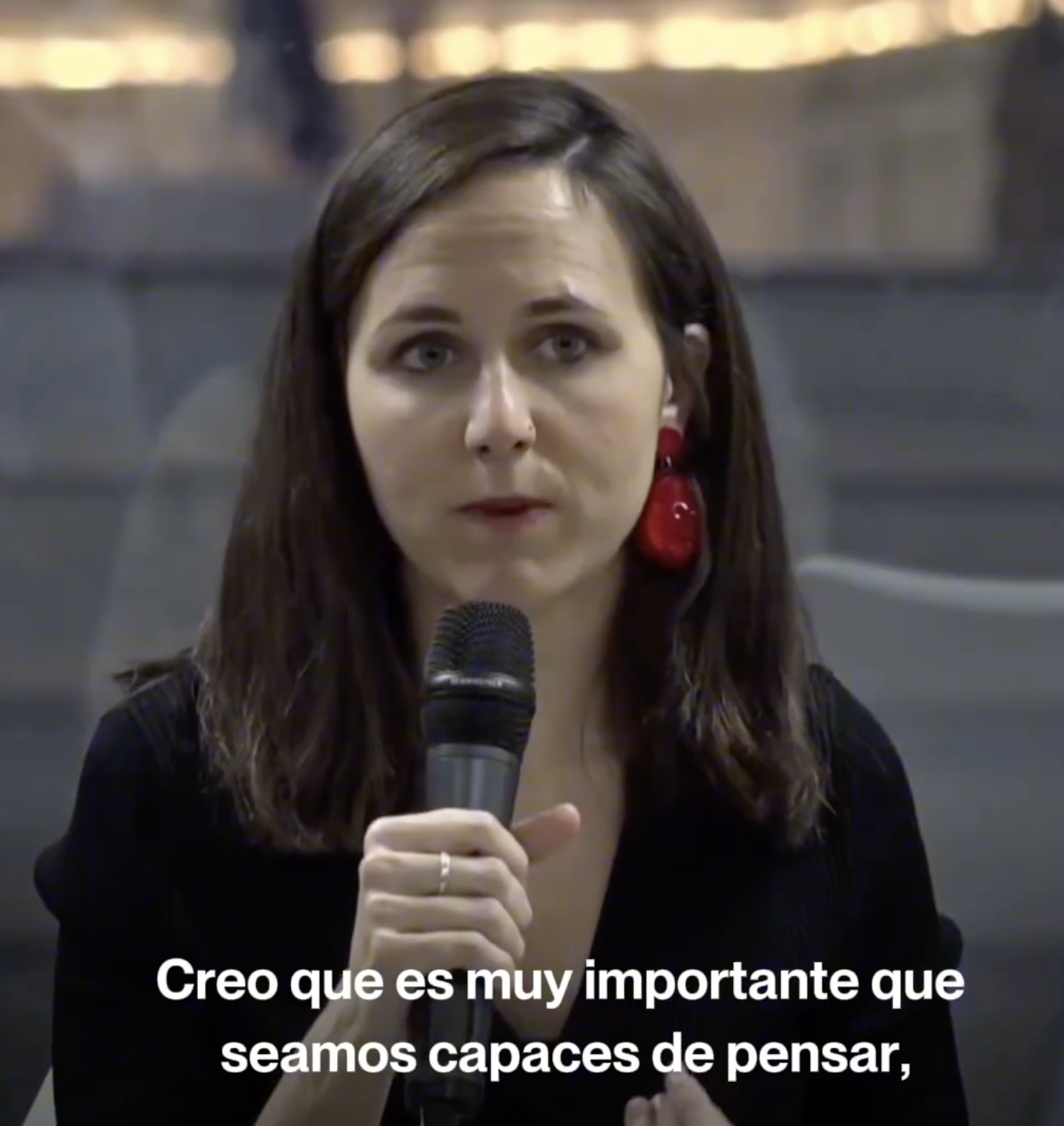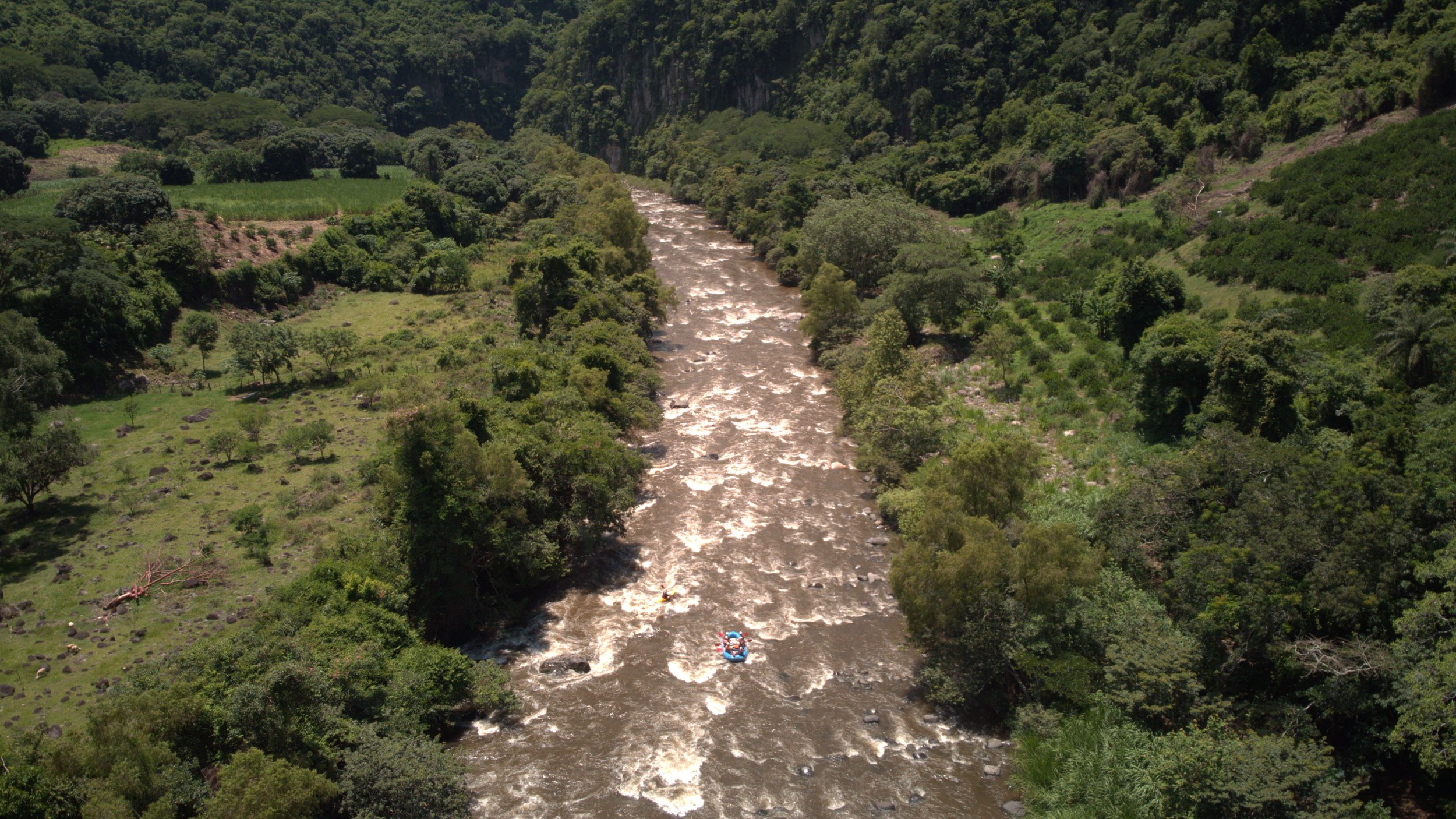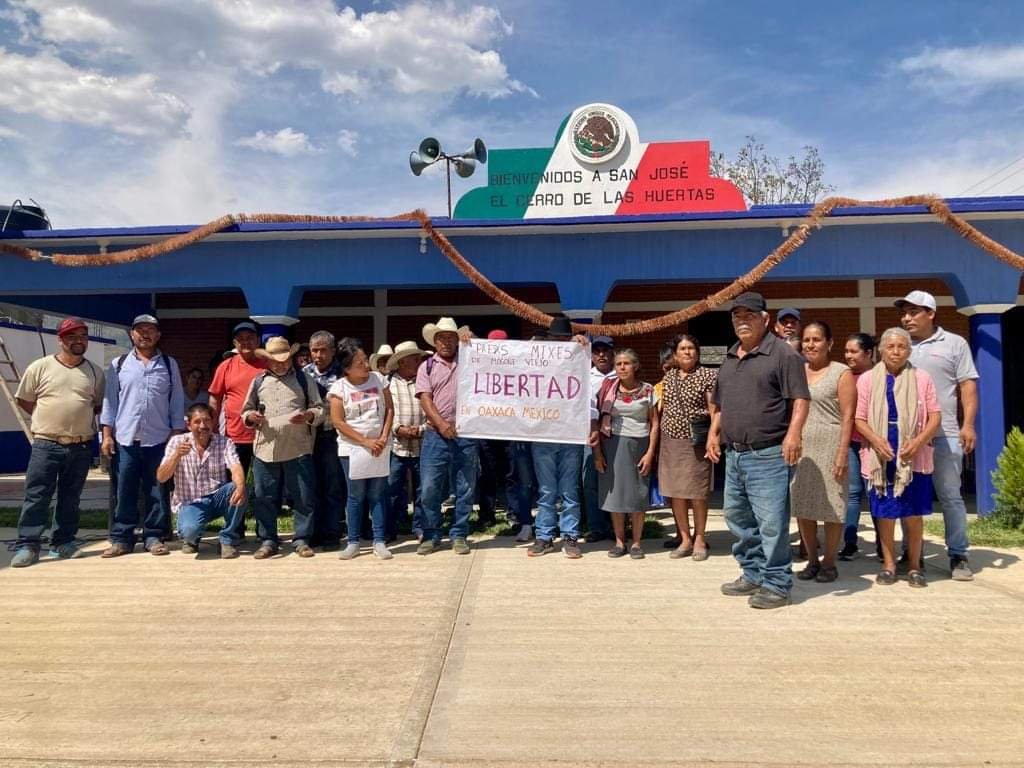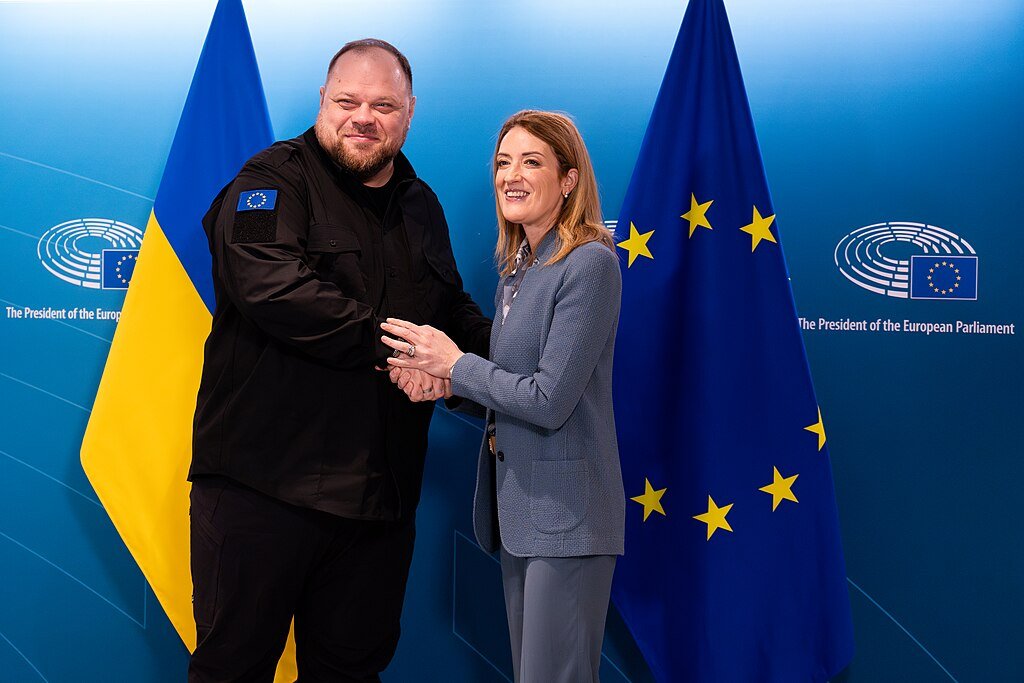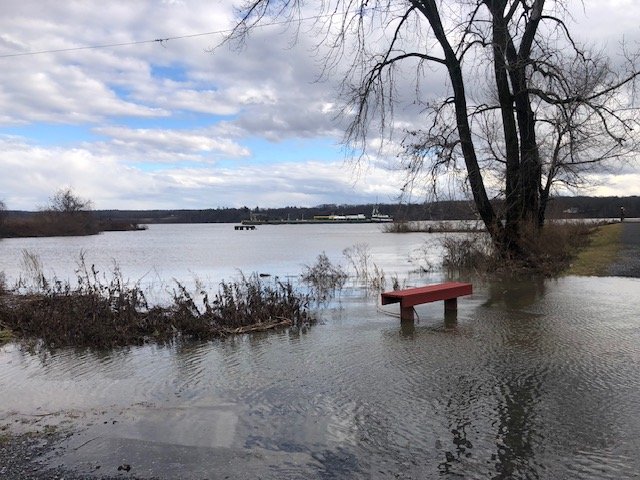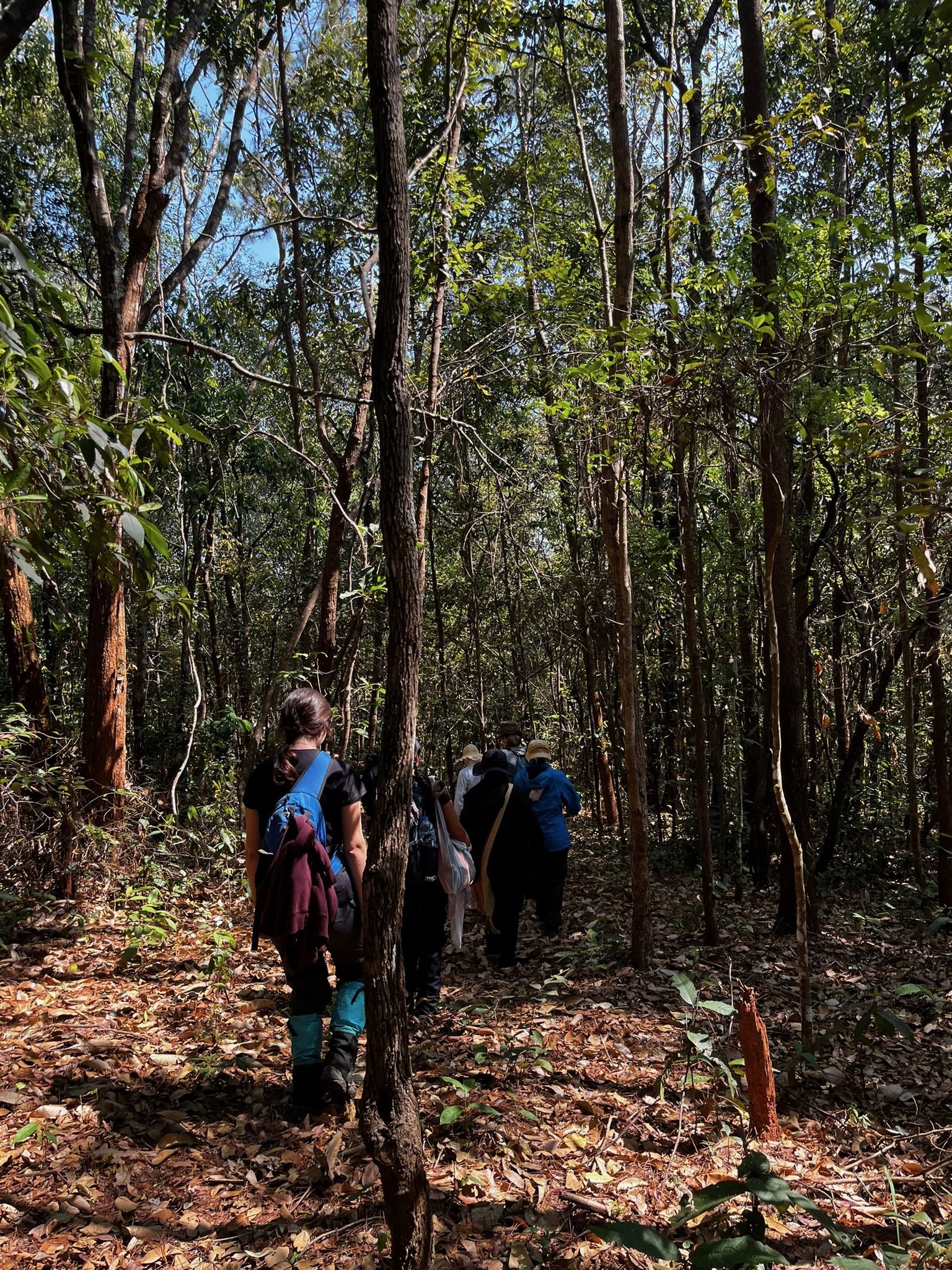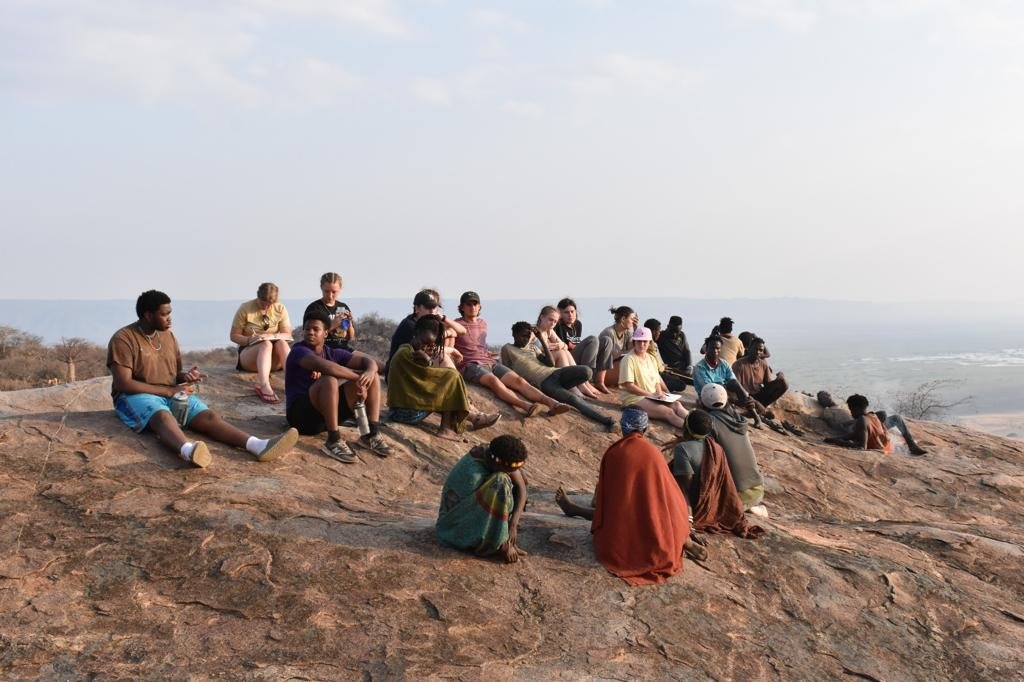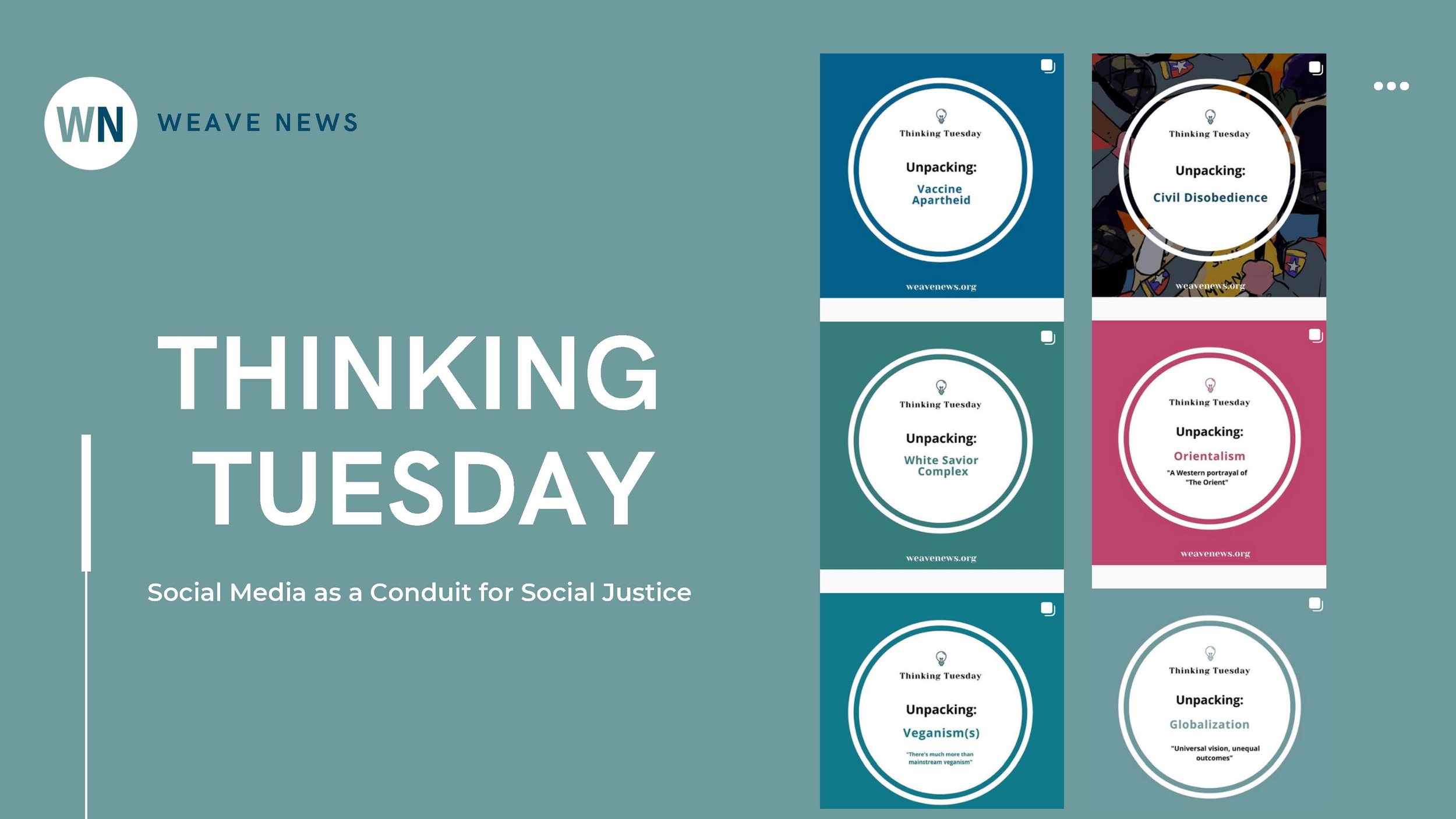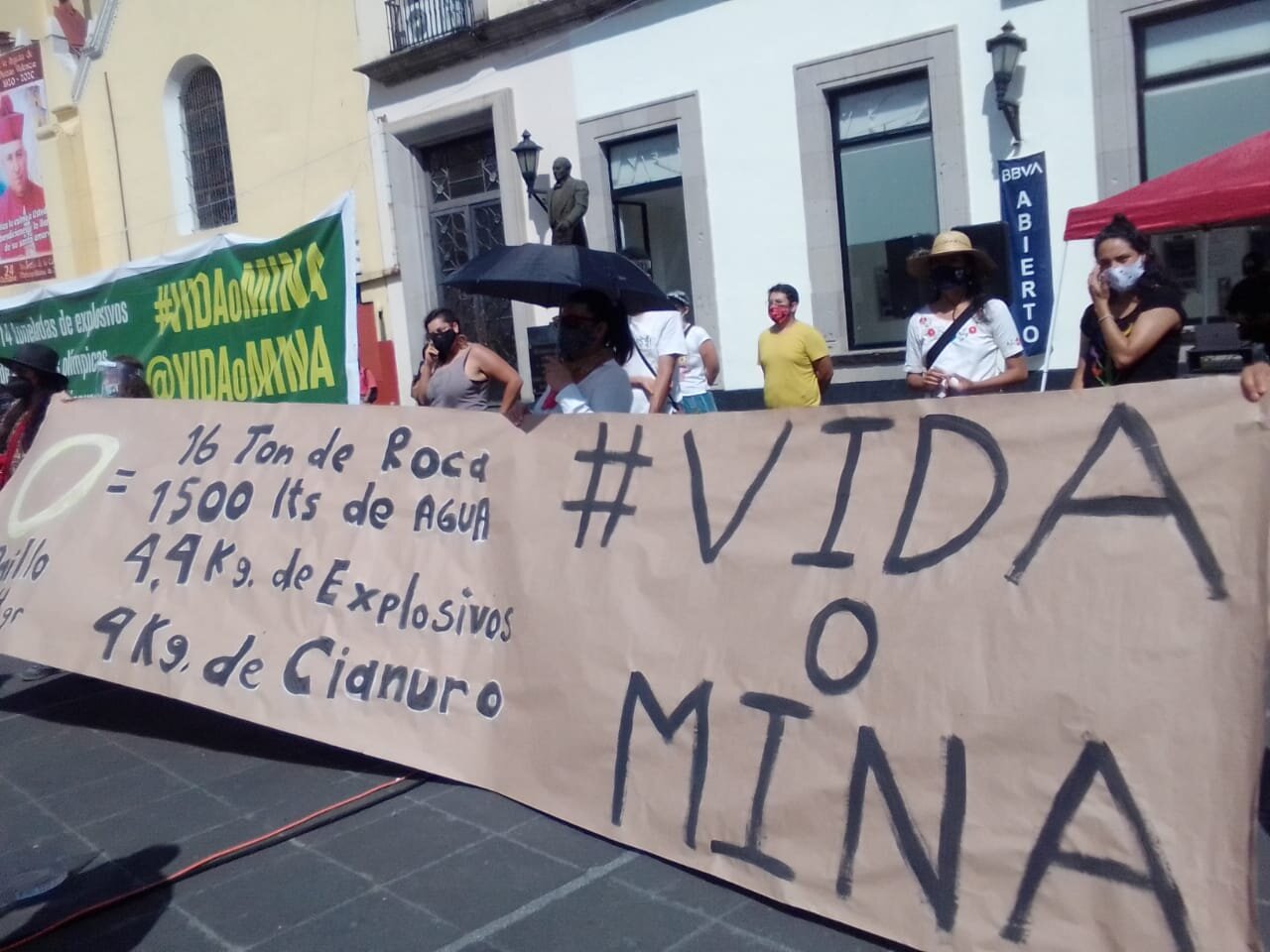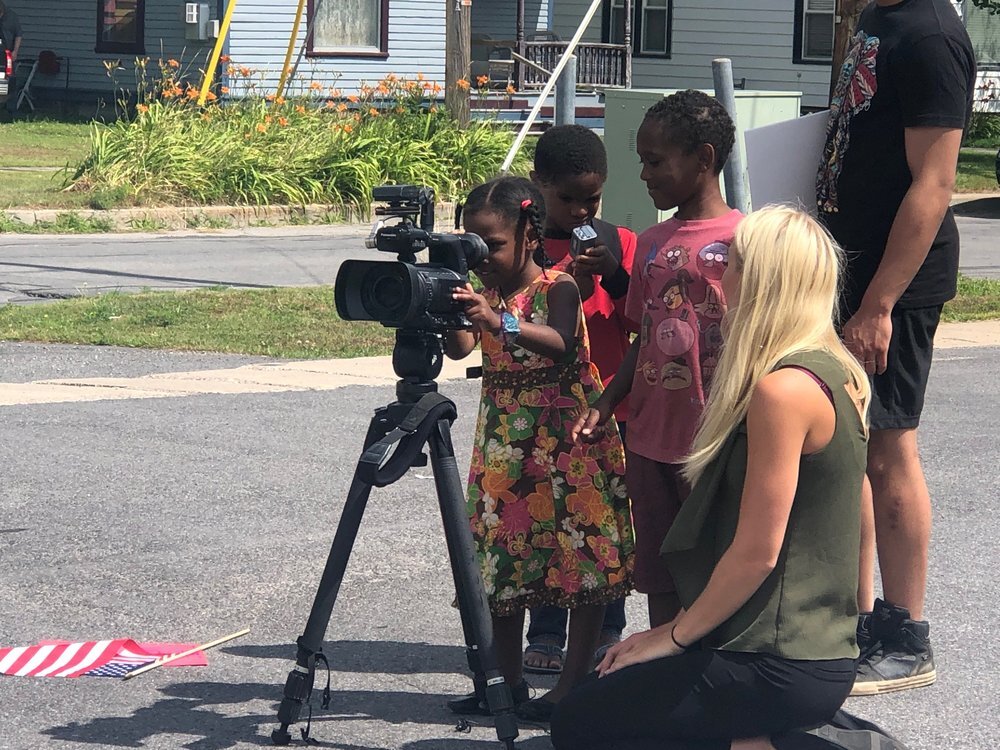
Stories
News

Analysis
Voices
Podcast
Announcements
Events

All Stories
The Hidden Crisis: Venezuela’s Imminent Ecocide and the Orinoco Mining Arc
Venezuelan President Nicolas Maduro created the National Strategic Development Zone of the Orinoco Mining Arc in 2016. Commonly known as the Arco Minero, it comprises an area of 111,843.70 km², larger than Cuba, adjacent to the Orinoco river, and is designated for unlawful mineral extraction. The Arco represents 12% of the country’s territory and is a severe environmental problem for the region.
Rights of Nature: The Vision of the Younger Generation in the North Country
“The younger generation is often framed as the ‘procrastinator.’ We are the ‘kids’ who only care about social media. Yet, in the face of the Climate Crisis, our generation is mobilizing to demand change. Here in the Haudenosaunee territory (the North Country), people of all ages believe in the ideas that the concept of Rights of Nature encompasses. We believe nature deserves further legal protection in the form of recognition as a living entity with legal standing. We want to preserve and prosper with our Mother Earth. This is why young people from the St. Lawrence River watershed are working together to organize an international symposium which will take place on March 22, International Water Day. During the North Country Rights of Nature Symposium, community members will join to discuss how best to protect the region’s waterways.”
Trapped in the Workplace: Hong Kong’s Migrant Workers Endure COVID
Gaia Guatri reports from Hong Kong, where several NGOs have called for the government to implement measures to check and provide acceptable living standards of foreign domestic workers (FDWs) during the COVID-19 pandemic.
International Critical Media Literacy Conference Features Weave News Projects
Four members of the Weave News team presented their work at the 2021 Critical Media Literacy Conference of the Americas (CMLCA), held virtually from October 15-17, 2021. With sessions in English, Portuguese, and Spanish, the conference celebrated the life and work of the Brazilian scholar-activist Paulo Freire (1921-1997), widely considered the “father of critical pedagogy.”
#ProofOfLife: Eswatini Protests and the Power of Digital Activism
As ordinary people in Eswatini/Swaziland take to the streets to protest in favor of human rights and democracy, digital activism is playing an important role. Weave News contributor Phiwa T. argues that instead of dismissing such efforts, we should recognize that forms of digital protest can work hand in hand with traditional forms of street-level activism.
A Vigil in Solidarity With Palestinians
In response to the ongoing Israeli violence against Palestinians in Sheikh Jarrah, Gaza, and elsewhere, several dozen St. Lawrence University students, faculty and alumni gathered on May 15 for a Vigil in Solidarity With Palestinians.
Stand With the AAPI Community: Resources and Actions
Resources to help educate on how to be a better ally to the Asian and AAPI (Asian American and Pacific Islander) community and educate about anti-Asian bias, hate crimes, and violence.
A Sense of History: Lessons From Haiti’s New Political Uprising
As students continue to play a key role in mass protests in Haiti against the current government of Jovenel Moïse, Jesús G. Ruiz argues that it is time we look to Haiti once again, not just for inspiration but also for lessons on how to engage politically and fight for one’s freedoms and rights.
Art From the Frontlines of a Threatened Mountainside
In a follow up to “Coatepec: The Fight for the Cloud Forest”, a Forest Guardian from Movimiento por la Defensa de la Sierra describes the impact of art on their movement. The artists in question are children, and the young Earth Guardians are inspiring their community to rise up and protect their forests.
Drought, Disease and Isolation: The Urgent Situation of the Wayuu in La Guajira, Colombia
The deep consequences of interconnected globalized systems paired with destructive localized human actions is on full display in the La Guajira peninsula of Northeastern Colombia. Daniel Henryk Rasolt reports on the dire situation facing the Wayuu Indigenous Peoples.
The River Says NO
On January 20, 2015, the PUCARL Collective (United Communities of the Antigua Watershed for Free Rivers) blocked the entrance to the Río Pescados (River of Fishes), halting the construction of a dam that was threatening the entire region. The 43 communities along the Rio Pescados are the first to defeat Odebrecht, thus protecting their waterways for the generations to come.
¡Sí a La Vida, No a La Mina! (Yes to Life, No to the Mine!)
A new gold mine in Veracruz, Mexico, will be the first one in the world to be opened only two miles away from a nuclear reactor and from many pipelines - all in the middle of a densely populated, touristic area that is also the most important migratory route in North America. These are some of the main reasons why local activists are strongly opposing the project.
“We must not stand by quietly”: A Call to Resist Eviction of Palestinians from East Jerusalem Homes
As his and other Palestinian families are threatened with eviction in the East Jerusalem neighborhood of Sheikh Jarrah, Mohammed El-Kurd issues a call for international support against Israeli colonization.
Coatepec: The Fight For the Cloud Forest
5,000 acres of cloud forest are currently being threatened in Coatepec, Veracruz, Mexico - but local forest protectors are standing up to defend the ecosystem.
"My COVID Summer" : Students Share Experiences, Hopes for the Future
St. Lawrence University students, like students everywhere, have faced a range of issues connected to the global pandemic. Weave contributor and editor Nicole Roché reached out to former students from all over the country—and all over the world—asking them to share their experiences from this difficult summer.
Here are their stories.
SLU Faculty Letter to the Community About Systemic Racism in America
A statement released on June 11, 2020, by members of the local AAUP chapter at St. Lawrence University (Canton, NY) and other St. Lawrence faculty members in response to systemic racism and the nationwide and worldwide protests against following the police killing of George Floyd.
Bolivia Faces a Double Battle
The effects of the coronavirus pandemic intersect with the effects of other social, political, and environmental problems throughout the world. Reporting from Bolivia, Gabriela Paz Ferreyra Barrientos explores how Bolivian society finds itself caught between ongoing political instability and a public health emergency: “Violence and confrontation in Bolivia require an urgent democratic election, yet the health of Bolivians is crying out for them to stay home and take care of themselves.”
Open Letter to the American People from Burma/Myanmar Human Rights/Activist Groups
This open letter from Burma/Myanmar human rights activists was originally published on Facebook and is reprinted here with the permission of the authors. It expresses “solidarity with American people protesting against racism and police brutality.”
The Killing of George Floyd: International Reactions (UPDATING)
This post gathers international responses to the killing of George Floyd in Minneapolis. While this is obviously a major news story in the United States, it is important to understand that the world is watching is well. The post will be updated regularly.
If the Gaza blockade was a virus, would the world react differently?
Ali Abusheikh writes from Doha, Qatar amidst the COVID-19 crisis, but he is also thinking of his home - Gaza. ““I sympathize with the world. I understand people's fear. Why wouldn't I? I already know what it is like to be stuck at home for weeks when it is not safe to go out. (And in the case of Gaza, staying at home isn't enough to protect you; Israeli missiles can just as easily find you there.) I already know how it feels to unexpectedly have to cancel weddings and other special occasions. I grew up being unable to travel.”


